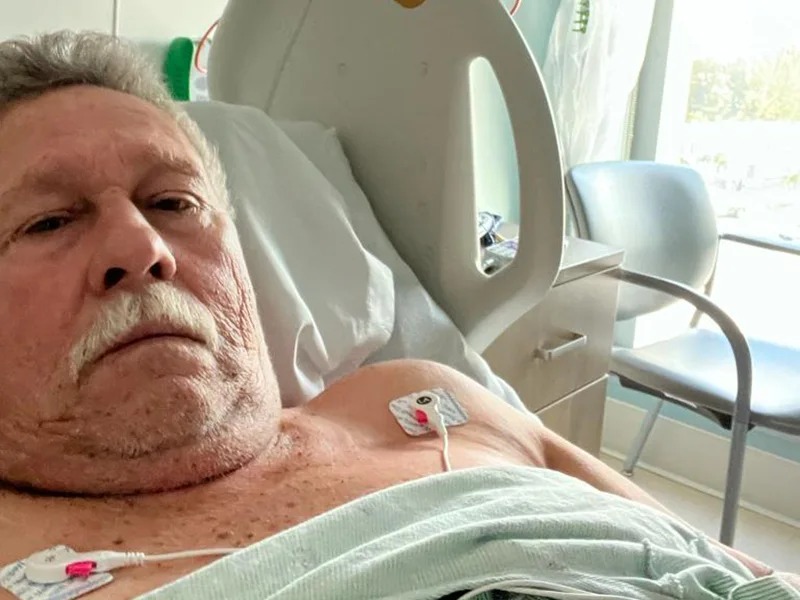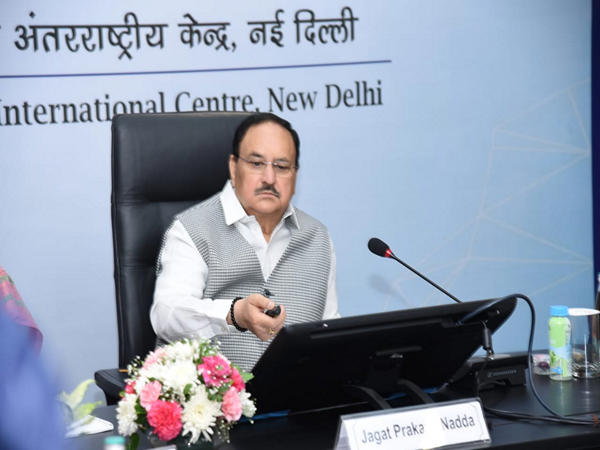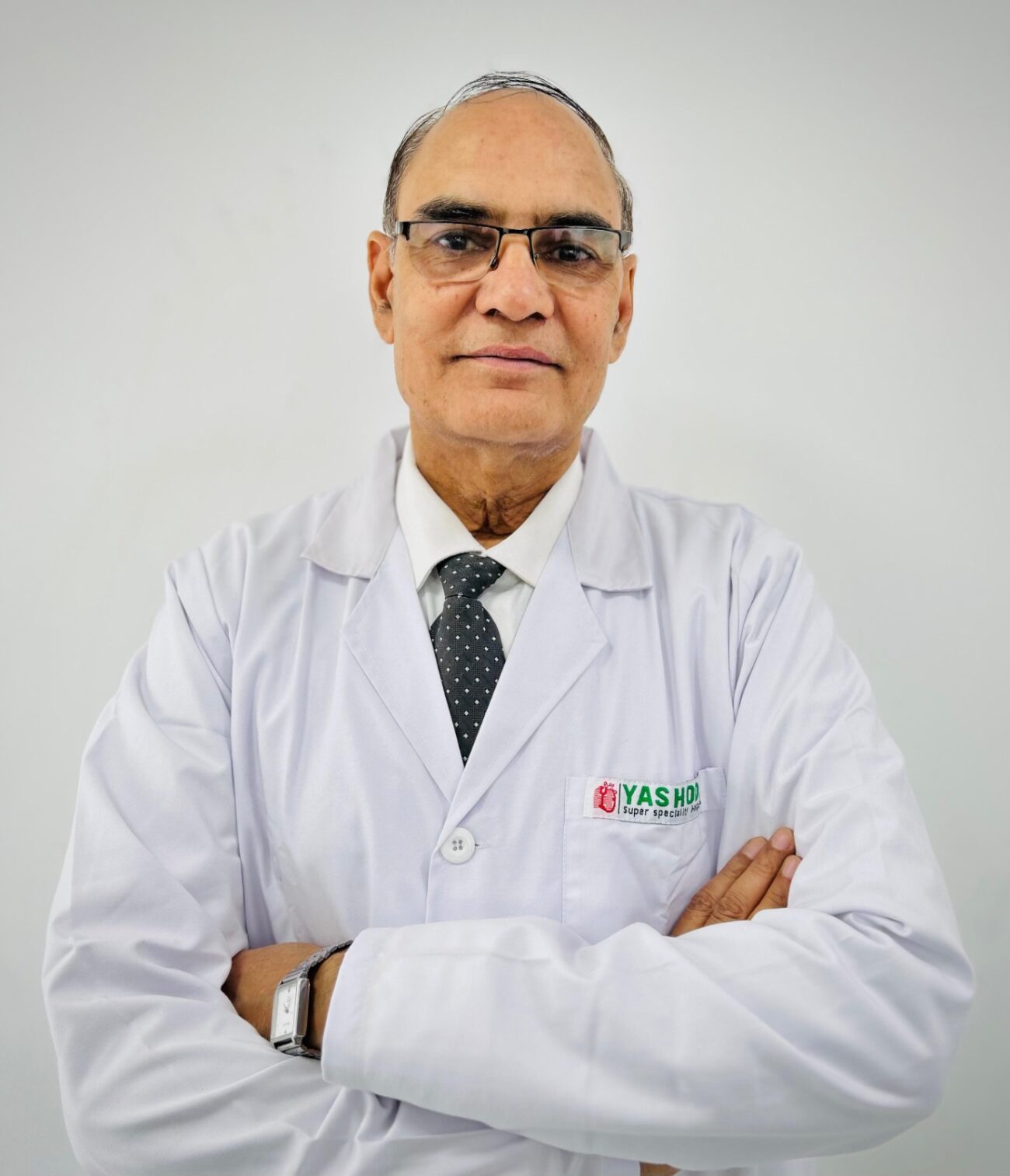71-Year-Old Bedridden Man with Irregular Heartbeat Recovers, Embracing a New Life Medicover Hospital Performs Its First Medtronic Micra Dual Chamber Leadless Pacemaker Implant in 71-Year-Old Man With Bradycardia
Bradycardia is a type of abnormal heart rhythm (arrhythmia) where the heart beats slower than 60 beats per minute. People with irregular heartbeats often face serious health challenges and require a pacemaker to regulate their

Bradycardia is a type of abnormal heart rhythm (arrhythmia) where the heart beats slower than 60 beats per minute. People with irregular heartbeats often face serious health challenges and require a pacemaker to regulate their heart rate. In a remarkable medical breakthrough, a 71-year-old patient received life-saving treatment at Medicover Hospital, where a team led by Dr Keshav Kale, Senior Interventional Cardiologist, successfully implanted a Medtronic Micra dual leadless pacemaker without the need for surgery or incisions. This revolutionary procedure, performed for the first time at the hospital, successfully stabilized the patient’s heartbeat and ultimately saved his life. The patient has now fully recovered and resumed his daily routine without undergoing traditional surgery.
Patient Mr Bimal Tiwari, a resident of Kharghar was having syncopal (fainting) attacks and dangerous falls due to bradycardia, Bradycardia is a condition marked by a slow or irregular heart rhythm, typically fewer than 60 beats per minute (compared to the normal range of 60-100 bpm). When the heart beats too slowly or irregularly, it struggles to pump enough oxygen-rich blood to the body. In this condition, Degenerative CHB (Complete Heart Block) occurs when the electrical signals between the heart’s chambers (atria and ventricles) are disrupted. The pacemaker is the most common and effective treatment for bradycardia and Degenerative CHB, helping to restore a normal heart rhythm and alleviate symptoms. This condition had slowly taken over his life, making even the simplest daily activities a challenge. Walking without support became risky, and he lived in constant fear of collapsing and was bedbound. Once an independent man, he now relied heavily on his family for even the most basic tasks like getting out of bed, moving around the house, or even enjoying a meal without the fear of blacking out.
Hoping for relief, Mr Tiwari was admitted to another hospital for coronary angiography and pacemaker implantation, a procedure that could have restored his stability and given him his life back. But his journey took a devastating turn just when hope seemed within reach. Doctors discovered he had severe thrombocytopenia (low platelet count of 60,000), a condition that made him highly susceptible to life-threatening bleeding. Given the high surgical risks, pacemaker implantation wasn’t possible, leaving Mr Tiwari and his family in despair. It was at this critical moment that the patient and his family turned to Medicover Hospital for timely intervention.
In a life-threatening condition, the patient was brought to Medicover Hospital under the care of Dr Keshav Kale, after experiencing a sudden loss of consciousness and another severe fall due to bradycardia and Degenerative CHB. Recognizing the emergency, Dr. Kale immediately performed a temporary pacemaker implantation during the night, stabilizing the patient. However, with a platelet count of only 70,000, traditional pacemaker surgery remained too risky. Hence, the patient was stabilized and was then considered suitable for the life-saving Medtronic Micra Leadless Pacemaker procedure.
Dr Keshav Kale, Senior Interventional Cardiologist, Medicover Hospital, Navi Mumbai said, “The patient, diagnosed with Bradycardia and Degenerative CHB (Complete Heart Block), also had severe thrombocytopenia (low blood platelet count), making conventional pacemaker implantation too risky due to the high chance of bleeding complications. The Medtronic Micra Leadless Pacemaker was the safest and most advanced option for the patient, offering an effective solution for managing bradycardia (slow heart rate). After thorough discussions with the patient’s family and the heart team, the decision was made to proceed with the leadless pacemaker to regulate his heartbeat and aid in his recovery. This minimally invasive device is implanted directly into the heart, eliminating the need for leads or surgical incisions, thereby reducing complications and ensuring a faster recovery.”
Dr Keshav Dada Kale further added, “Leadless pacemakers are advanced devices that automatically regulate heart rate without the need for surgery, batteries, or leads like conventional pacemakers. Instead, they are implanted directly into the right lower heart chamber using catheters. Since they do not require a surgical pocket or leads, they offer a safer alternative with a lower risk of bleeding, complications, and infections. The patient experienced a shorter hospital stay and regained mobility immediately after the procedure, requiring minimal post-operative care. The procedure, performed in the cath lab, took approximately two hours and was completed without anesthesia. Following the successful pacemaker implantation, the patient was mobilized and discharged the next day. Feeling happy and back on his feet, his swift recovery underscores the hospital’s commitment to medical excellence and innovation, ensuring that advanced cardiac treatments are more accessible to patients.”
“I had lost all hope after being turned away due to my condition that caused a slower heartbeat. Medicover Hospital gave me a second chance at life. Dr Keshav Kale and his team not only saved me but also restored my independence,” concluded the patient Mr Bimal Tiwari.






